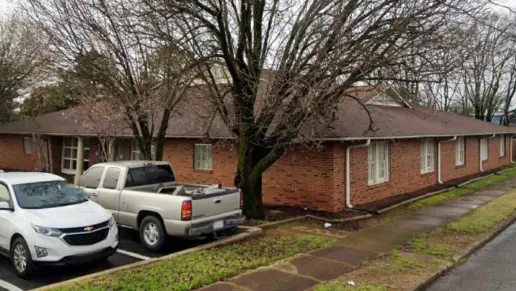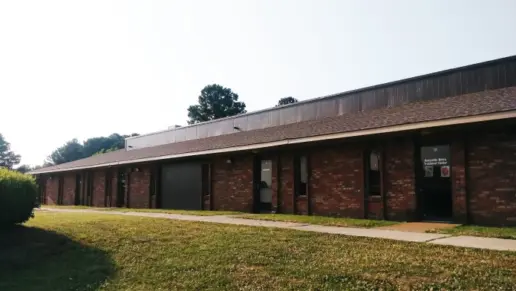They always go beyond what they need to and it shows that they really care about you. This place has helped me a lot and I don't know where I would be if I had not sought help that first time.
About Cullman County Treatment Center
Cullman County Treatment Center is an outpatient drug and alcohol rehab for adults in Cullman, Alabama. They offer crisis intervention, medically supervised ambulatory detox, medication assisted treatment (MAT), general outpatient programming (OP), and aftercare planning and support, including dedicated services for young adults, pregnant and postpartum women, persons with hearing impairment, intravenous drug users, and persons with co-occurring disorders. They are state licensed and CARF accredited.
Clients undergoing ambulatory detox receive robust medical supervision and may be prescribed FDA-approved medications to ease withdrawal symptoms. Their evidence-based MAT program supports clients’ sustained sobriety through longer-term pharmacotherapy using methadone.
Clients in general outpatient (OP) care engage in intensive individual, group, and family counseling drawing on proven modalities, including cognitive behavioral therapy (CBT), dialectical behavioral therapy (DBT), and motivational interviewing. They also participate in extensive, recovery-focused life skills training addressing topics such as coping, self-care, medication management, and relapse prevention.
Their aftercare services enable a complete continuum of care aligned with clients’ evolving needs and may include 12 step program facilitation, housing and employment assistance, vocational and academic training, and referrals for additional services.
Cullman County Treatment Center accepts self-pay. They may be able to work with major insurers, such as Aetna, Cigna, BlueCross BlueShield, Humana, United Healthcare, and others. Contact your provider to verify coverage because out of network benefits vary. Financial assistance is available.
Latest Reviews
Rehab Score
Accepted Insurance
Other Forms of Payment
Self-pay involves paying for treatment out of your own pocket. You can use savings or credit, get a personal loan, or receive help from family and friends to fund your treatment. If you don't have insurance or your insurance plan doesn't cover a specific program, self-pay can help ensure you still get the care you need.
Addiction Treatments
Levels of Care
Treatments
The goal of treatment for alcoholism is abstinence. Those with poor social support, poor motivation, or psychiatric disorders tend to relapse within a few years of treatment. For these people, success is measured by longer periods of abstinence, reduced use of alcohol, better health, and improved social functioning. Recovery and Maintenance are usually based on 12 step programs and AA meetings.
Drug rehab in Alabama provides medical or psychotherapeutic treatment for drug dependency. Methods of treatment often include a combination of medication, counseling, and recreational therapies.
Many of those suffering from addiction also suffer from mental or emotional illnesses like schizophrenia, bipolar disorder, depression, or anxiety disorders. Rehab and other substance abuse facilities treating those with a dual diagnosis or co-occurring disorder administer psychiatric treatment to address the person's mental health issue in addition to drug and alcohol rehabilitation.
Opioid rehabs specialize in supporting those recovering from opioid addiction. They treat those suffering from addiction to illegal opioids like heroin, as well as prescription drugs like oxycodone. These centers typically combine both physical as well as mental and emotional support to help stop addiction. Physical support often includes medical detox and subsequent medical support (including medication), and mental support includes in-depth therapy to address the underlying causes of addiction.
Substance rehabs focus on helping individuals recover from substance abuse, including alcohol and drug addiction (both illegal and prescription drugs). They often include the opportunity to engage in both individual as well as group therapy.
Programs


Clinical Services
Group therapy is any therapeutic work that happens in a group (not one-on-one). There are a number of different group therapy modalities, including support groups, experiential therapy, psycho-education, and more. Group therapy involves treatment as well as processing interaction between group members.
Accreditations

The Substance Abuse and Mental Health Services Administration (SAMHSA) is a branch of the U.S. Department of Health and Human Services. Established in 1992 by congress, SAMHSA's mission is to reduce the impact of substance abuse and mental illness on American's communities.
SAMHSA Listed: Yes
Contact Information
1912 Commerce Avenue Nw
Cullman, AL 35056







